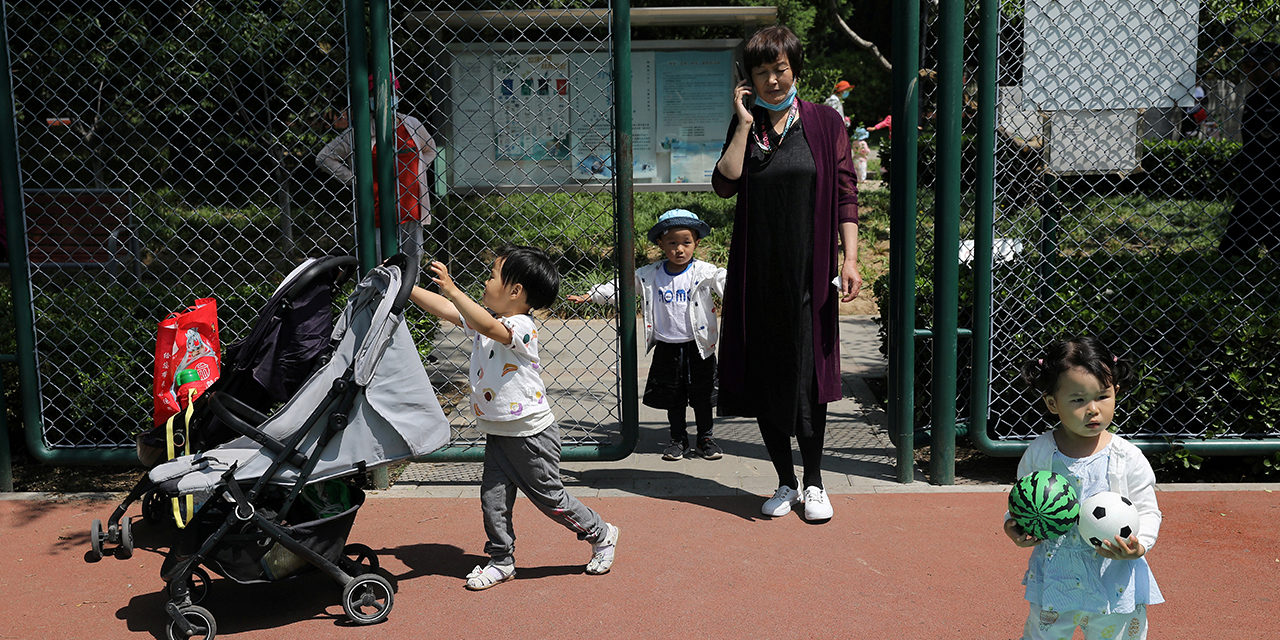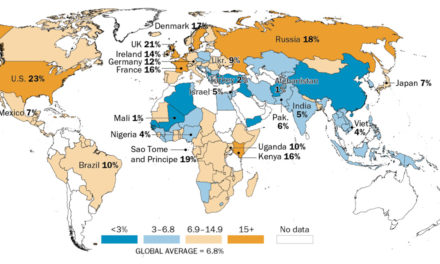China has recently announced that it has amended its two-child policy, which limits family size to two children in most cases, and expanded it to a three-child policy. But despite the necessity of this change, it’s unlikely to address the country’s growing sex disparity, with men far outnumbering women, and its aging population.
It may be the world’s second largest economy, but that could all come crashing down within the next couple of decades. Simply, the people of the world’s most populous country are not having enough children.
This is the result of China’s one-child policy, which began in the 1970s as a way to help manage the country’s exploding population. However, as National Review puts it, the “policy then stuck around for much too long and now presents a serious threat to Chinese society.”
The communist country helped ensure this policy by forcing women to undergo abortions and sterilizations, and it also resulted in many girl babies being abandoned so that couples could try for a son. In 2015, the country expanded this policy to two children, but it may be too little, too late as the damage is likely irreversible at this point.
The policy has also had a detrimental impact on the country’s population, with the preference for sons resulting in a country that has far more young men than women.
The most recent data shows that men outnumber women by 30 or 40 million. Even if the government was more successful at getting couples to have more children, there are simply not enough women to go around, and this problem is going to get worse before it gets better.
Reports indicate that the biggest imbalances are children ages 10-14 and 15-19, where there are 120 men for every 100 women.
This puts immense pressure on men in the marriage market, and has also increased human trafficking operations, as women are brought in from other countries and sold as “brides” to Chinese families. Human Rights Watch reports that these women are held prisoner and forced to have as many children as possible as quickly as possible.
Unfortunately, children born from these unions are not able to attain status in the country as their parents’ relationship is not recognized and are unable to enter schooling or fully engage in Chinese society.
Even when women want to have children, they face discrimination and harassment.
“Many women have taken to the internet, the media, and the courts to tell their stories of workplace abuse,” said a China researcher at Human Rights Watch. “By pushing for a higher birthrate without adequate employment protections, the Chinese government has given employers a license to harass and discriminate.”
There are also economic pressures preventing couples from having children, including high housing and educational costs.
The other problem is the country’s rapidly aging population. Researchers have concluded that by 2015, 330-366 million Chinese will be over the age of 65, which would push the percentage of the population from 12% to 26%. Healthy societies generally should have more younger people and children than older.
“It’s the No. 1 economic problem for China going forward,” said Stuart Leckie, chairman of the Hong Kong-based Stirling Finance Ltd.
That’s why the country is trying to encourage Chinese citizens to reproduce, but so far even expanding the number of children couples can have won’t fix its problems. It’s an example of how a social-engineering experiment that interferes with a family’s decisions can quickly go sideways with long-term effects.
Photo from REUTERS






